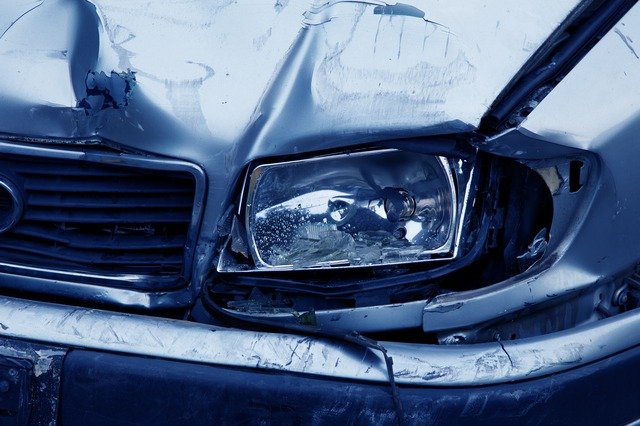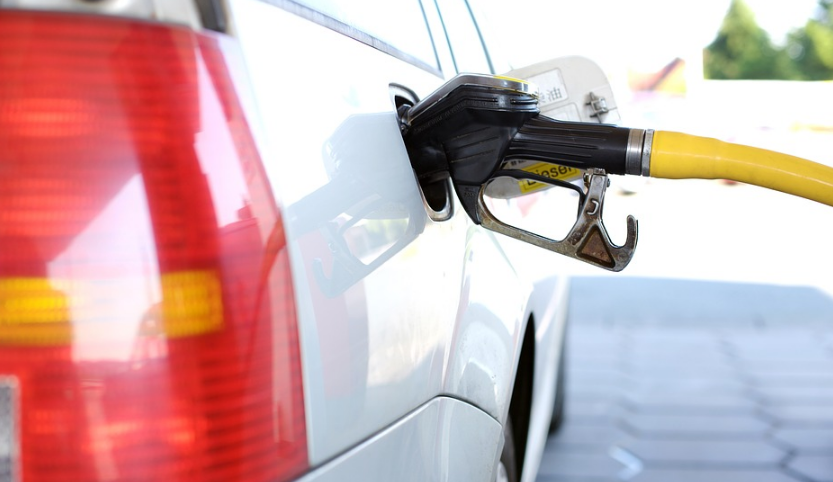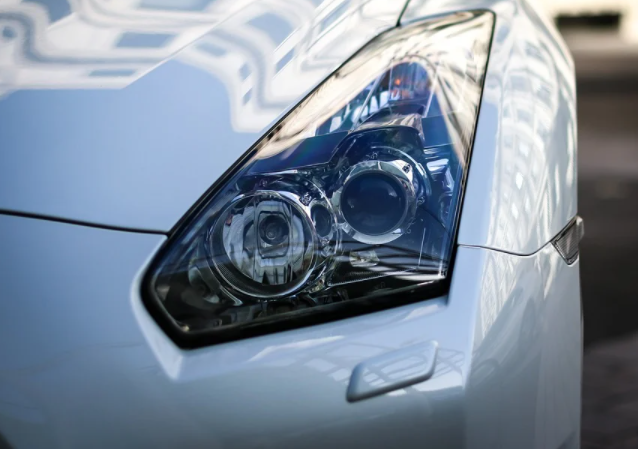Why do we need to focus on car accidents caused by mechanical failure? The vehicle-related critical reasons are mainly inferred through external visual inspection of the vehicle components. Therefore, the related statistics may not be representative of the role of the other internal vehicle-related problems. Owners not maintaining their vehicles is a well-recognized problem, and their maintenance failures can be what might have caused you to be involved in a car accident. In short, mechanical failures in vehicles may be a bigger problem than data suggests. In this post, we share more information on common mechanical failures that caused car accidents.
Tires
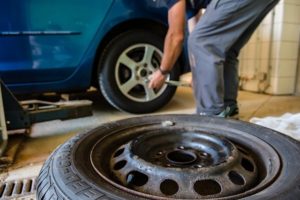 At 79%, tires represent the single most significant mechanical failure factor that causes car accidents. It can be done by suddenly reducing inflationary pressures (popularly known as explosions), or they may be too easy to provide sufficient traction because they cause a harmful reduction in recurrence rates. A burst can occur for several different reasons, for example, when a worn, low, or high tire pressure explodes under pressure or due to a puncture caused by the debris. This sudden drop in air pressure causes the car’s driver to sink suddenly and lead to a wreck, especially as it takes the driver by surprise. It is particularly dangerous during stormy or rainy weather or when after a build-up of oil slick during the dry season, the roads become too slippery. All these things can cause accidents.
At 79%, tires represent the single most significant mechanical failure factor that causes car accidents. It can be done by suddenly reducing inflationary pressures (popularly known as explosions), or they may be too easy to provide sufficient traction because they cause a harmful reduction in recurrence rates. A burst can occur for several different reasons, for example, when a worn, low, or high tire pressure explodes under pressure or due to a puncture caused by the debris. This sudden drop in air pressure causes the car’s driver to sink suddenly and lead to a wreck, especially as it takes the driver by surprise. It is particularly dangerous during stormy or rainy weather or when after a build-up of oil slick during the dry season, the roads become too slippery. All these things can cause accidents.
Brakes
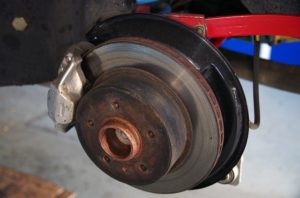 Defective brakes constitute a significant factor in rear-end collisions, where the inability to stop in time causes a vehicle to ram right into the vehicle in front. According to the crash stats report, “brake-related problems as critical reasons accounted for about 22 percent (±15.4%)” of crashes where vehicle failure was the cited cause of the crash. A car’s brake pads and discs wear a little bit with every use and are less efficient. Regular monitoring and understanding of longer braking distances should become second nature for every driver. Along with a comprehensive technical overview of a car’s braking system, it should be done at least every 30,000 km to match standard brake pads’ durability.
Defective brakes constitute a significant factor in rear-end collisions, where the inability to stop in time causes a vehicle to ram right into the vehicle in front. According to the crash stats report, “brake-related problems as critical reasons accounted for about 22 percent (±15.4%)” of crashes where vehicle failure was the cited cause of the crash. A car’s brake pads and discs wear a little bit with every use and are less efficient. Regular monitoring and understanding of longer braking distances should become second nature for every driver. Along with a comprehensive technical overview of a car’s braking system, it should be done at least every 30,000 km to match standard brake pads’ durability.
Steering and Suspension
A burnt tire or worn brakes are apparent, while damage due to worn steering or suspension is much more challenging to repair than general damage caused by accident. Steering and suspension problems can lead to a lack of control over the vehicle at difficult times, perhaps even in oncoming traffic. Routine vehicle maintenance is the perfect way to avoid steering and suspension problems. When your vehicle needs to be fully inspected, it is essential to locate this inspection and find a report so that you can proactively assess that there are no problems. While not as severe as human error, mechanical failure is undoubtedly one of the other genuine causal factors of road accidents. In most cases, however, it can be avoided with regular proactive, sensible, and conscientious maintenance.

